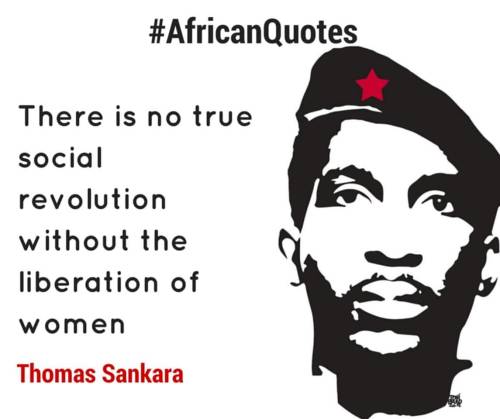#Chanfle. No Contaba Con Mi Astucia" Que Viva Chespirito--Icono De Muchos #latinoamericanos Que Esperabamos

#Chanfle. No contaba con mi astucia" Que viva Chespirito--Icono de muchos #latinoamericanos que esperabamos anciosos las tardes por reirnos a carcajadas con este heroe de nosotros. Haciendonos reir y soñar desde los 1970's hasta siempre.
More Posts from Dia-ar-te and Others





Besame, luego te explico on We Heart It - http://weheartit.com/entry/80823438

3 parts of building a habit: a cue, a routine & a reward.
As part of transitions, I am developing new habits both naturally (like sleeping longer ☁) and those at will (like working out more ☜). But how does the human body, brain and soul develop new habits? AND how do we build a positive habit over a negative habit? But first, we should acknowledge that only YOU have a say in what is a positive or a negative thing that you want for yourself at at given time and space. With that being said, here are some good tips I just read about developing new habits, and repetition or self-torture are not the answers.
What are habits and how are they formed anyway? Habits are made by synapses, or gaps between cells that send impulses to the brain. This helps facilitate what a person thinks or does. If this is repeated constantly, it becomes more accessible -- or a habit.
Now to the 6 ways to breaking a bad habit and developing healthy habits:
Link the new behavior to a routine or environmental cue: Repetition is only part of forming a new habit. It is useful to develop a habit loophole, which means performing something at the same time of the day. This becomes a response to specific cue.
Link a difficult task to a reward: Pretty much think “If i do this tough task, then I will reward myself with something that I like” The idea behind the if-then principle is to link the new behavior, which may be uncomfortable at first, with something positive so the new behavior is associated with positive. This enhances confidence in performing new habit and thus increasing positive feedback and desire to do it again.
Repeat new behaviors and keep track of progress: Okay, I did say repetition but 24/7 repetition is not what makes a habit successful. In addition to repetition, keeping track of new habit and response to performance is a helpful technique in developing new habitual behavior. Be mindful that life happens (let it happen) and it is okay to miss a day or two of your routine. It is much more important staying schedule most of the time rather than ALL the time. This helps build a new habit.
Keep it simple: Focus on one habit at a time, otherwise it becomes overwhelming and easy to give up
Use peer support for accountability: Tell a friend, partner or join online support group for motivation or a even a little peer pressure.
Make a detailed plan: As with many other personal or professional goals a plan in mind will provide more direction. This can be very helpful when building a new habit as well.
Forget the 21-day habit myth, there is no exact time for developing a habit but with a cue that reminds you and makes you comfortable to do something, a routine that fits you, and a reward for your hard work, a habit will be formed.
President Obama lays out the new steps he's taking to fix our broken immigration system. Watch the address live on November 20th at 8pmET and learn more at W...
Tune in Tonight at 8PM as President Obama addresses a new order that may benefit many in our immigrant community! In solidarity with all members from different immigrant communities across the United States. GO BIG OBAMA!!!! The Time is NOW!

#Repost from the powerful members of @sphsdreamteam We stand strong! #NYDA ・・・ Gov Cuomo droped the NY dream act from the state budget. !! WHEN TEACHERS AND STUDENTS ARE UNDER ATTACK. WHAT DO WE DO? STAND UP FIGHT BACK!!! #youthpower #undocumented #unafraid
I am an indigenous-mestiza-afrodescendent trans-national Latina sister from the picturesque South American city of Guayaquil and brought up in East Flatbush, Brooklyn. I love and respect my journey in exploring my browness and my womanhood.
247 posts



